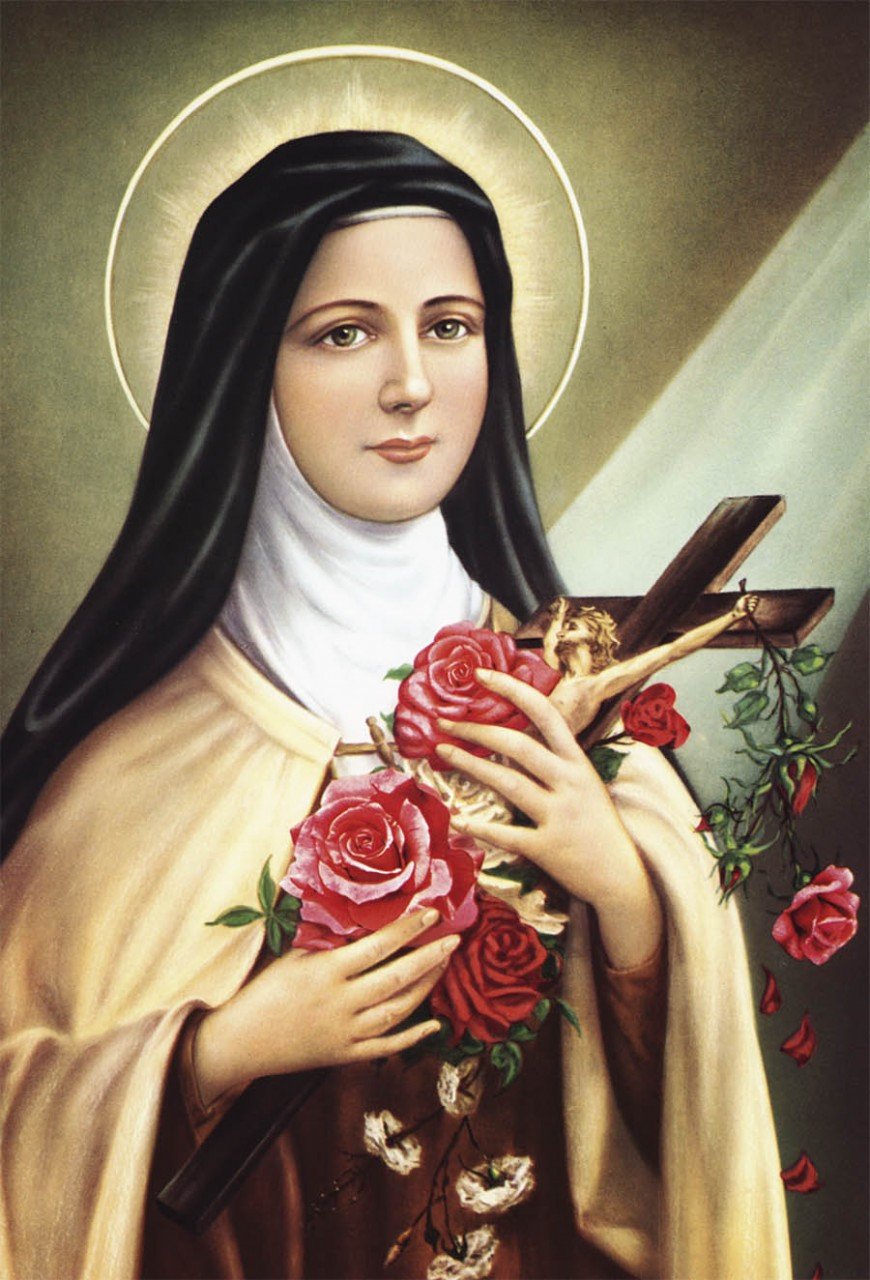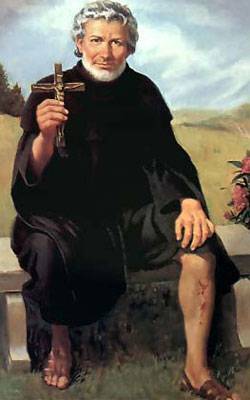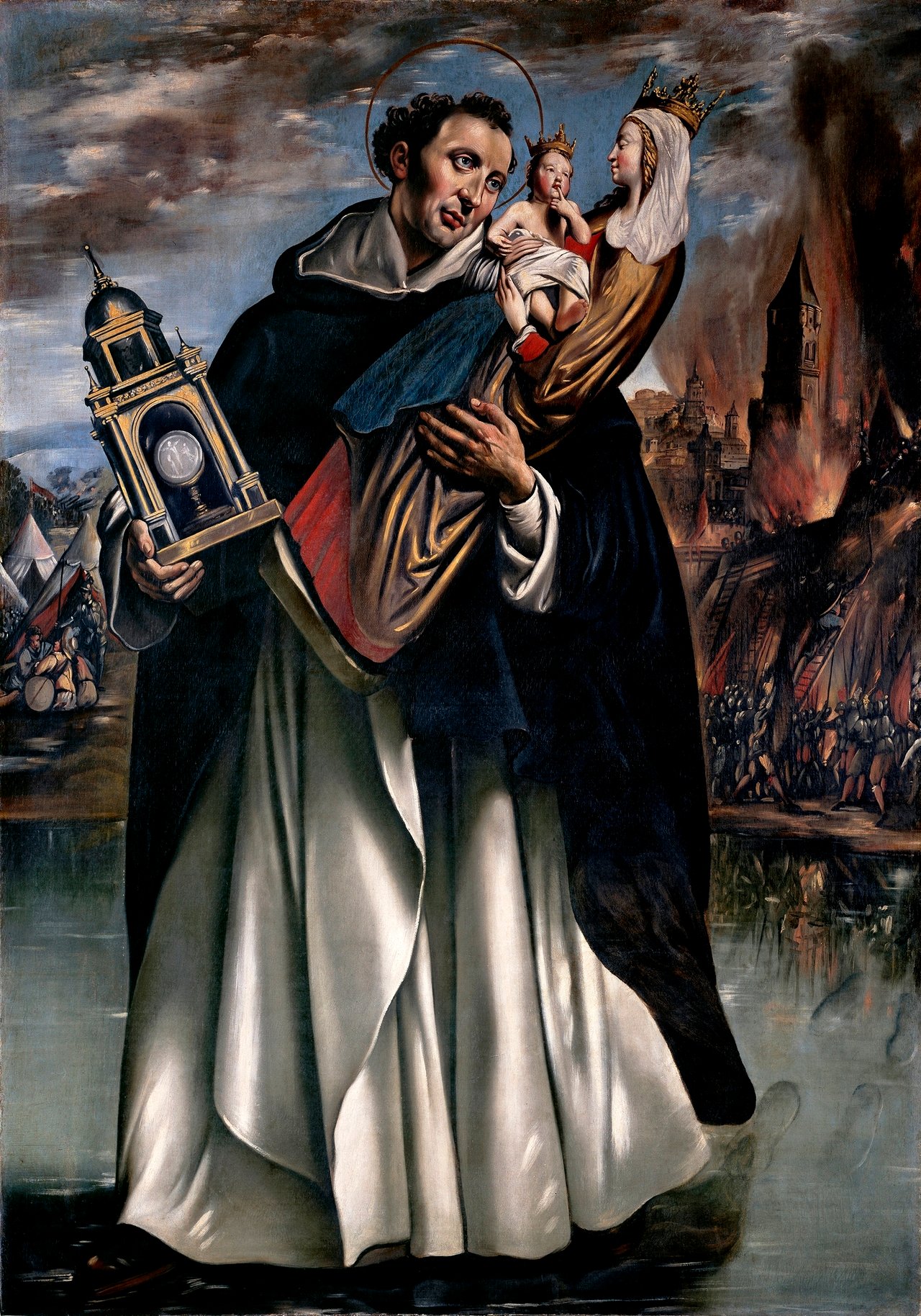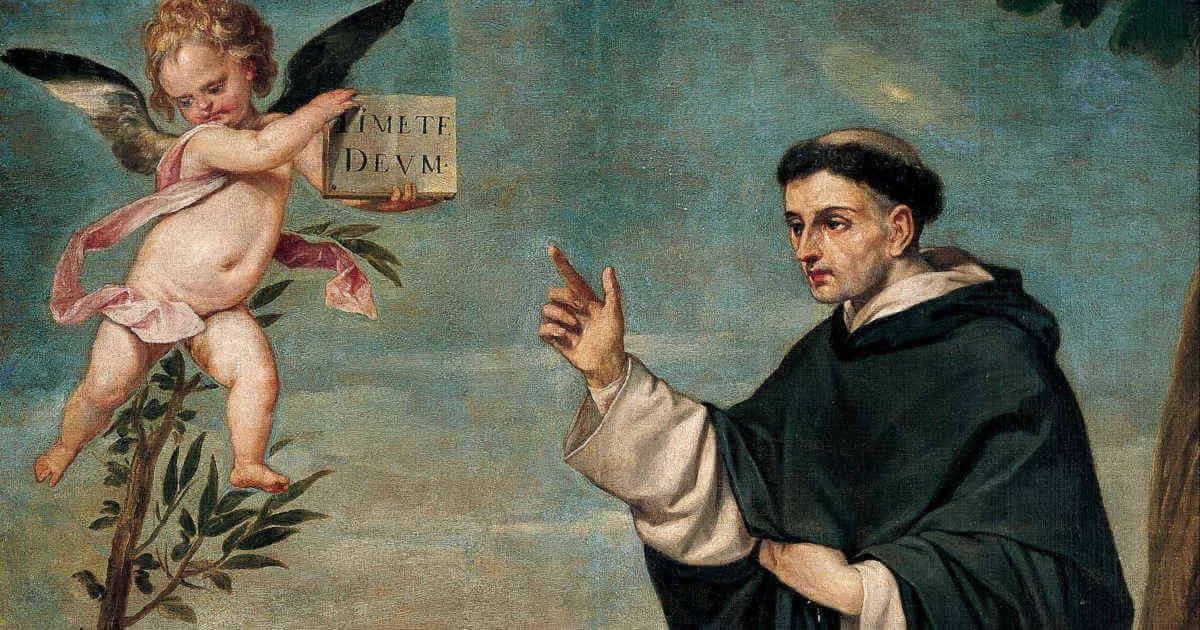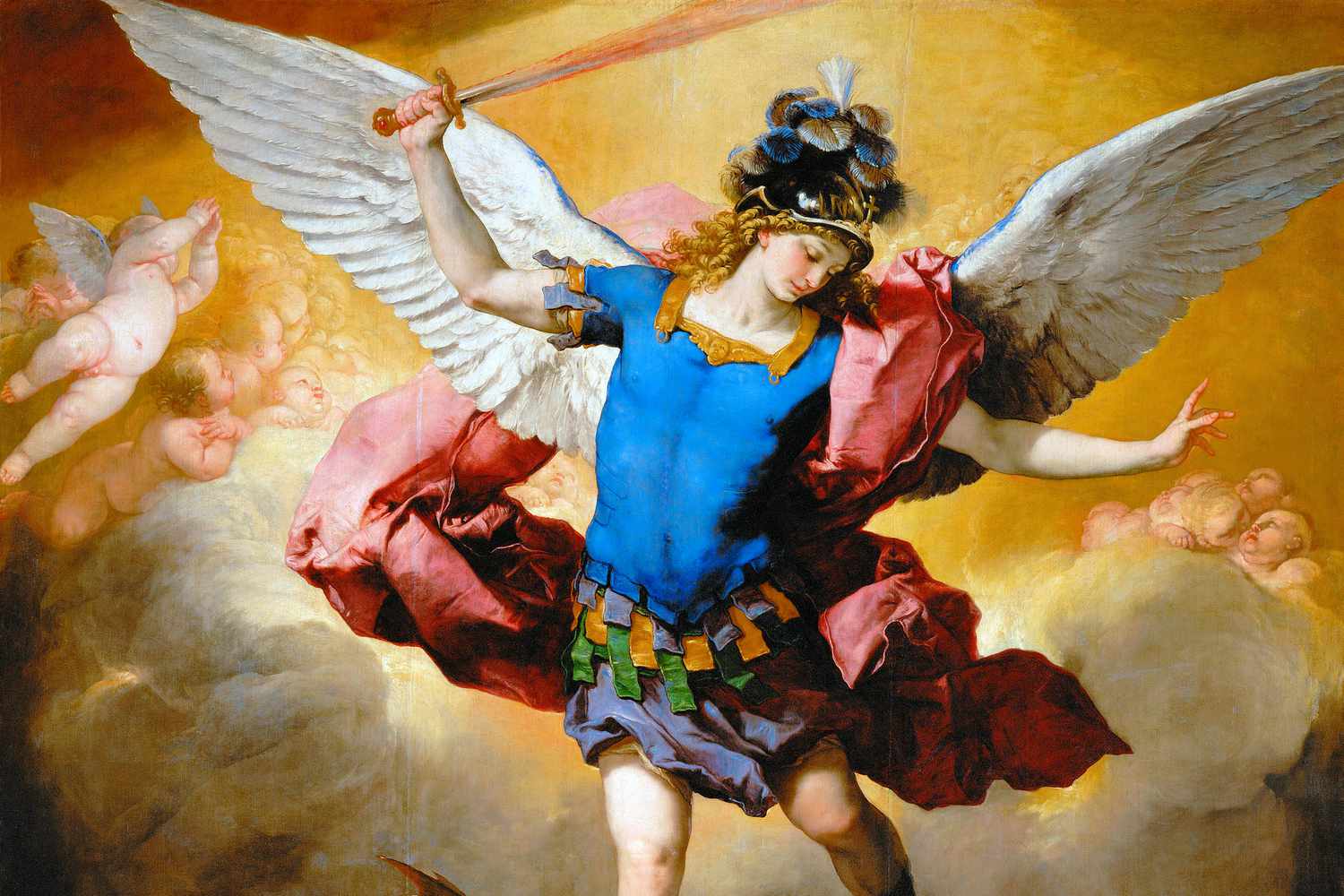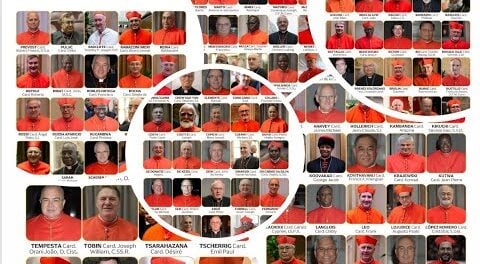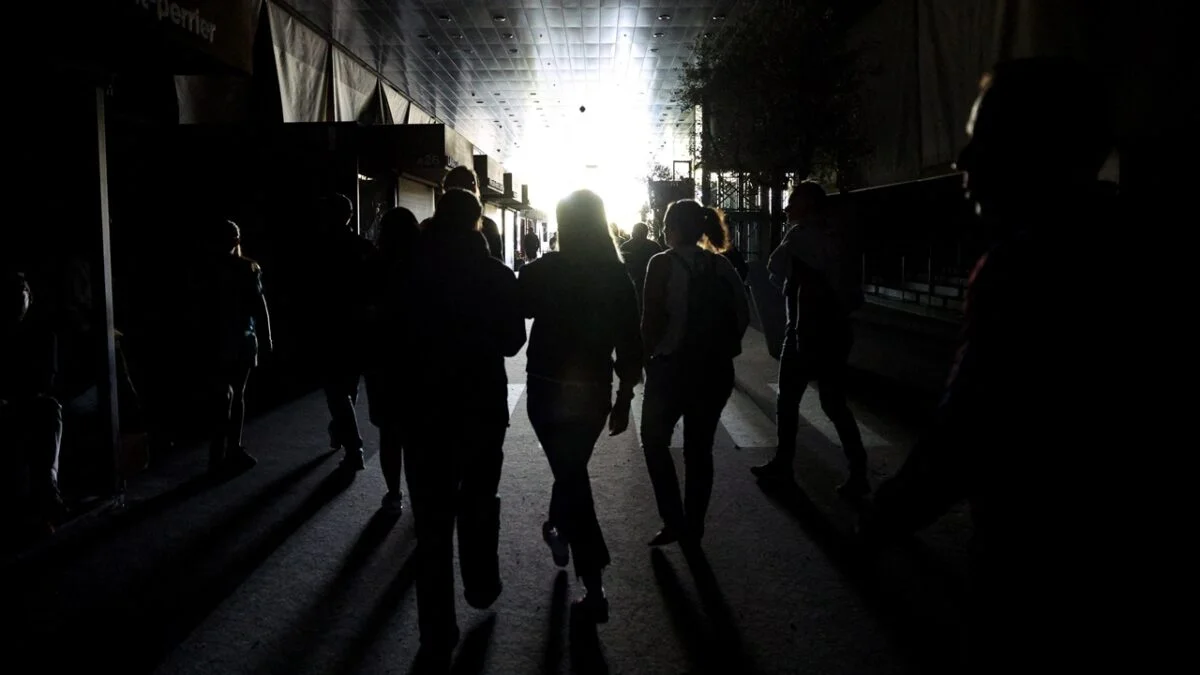
Tag: MessagesFromHeaven
Search
Popular Posts
-
🙏 A New Chapter Begins: Supporting Pope Leo XIV with Prayer and Hope | W/ Daniel O’Connor
“Give the new pope a break and support him with your prayers.”–…
-
Possible Candidates for The Next Pope!
Some Candidates for the New Papacy Today we will share with you…
Categories
Archives
Tags
#Miracles (102) 2023 (4) 2024 (4) approved miracles (2) catholic (141) catholic blog (375) catholic meditations (7) catholic miracles (371) catholic motivation (2) catholic news (371) catholic prayers (4) CatholicSeers (359) catholic vlog (375) catholic websites (6) Eucharistic miracle (2) fr jim blount (3) GisellaCardia (11) hamas (3) imitation of christ (2) Israel (4) israel live (5) Israel news (9) jesus (3) jesus christ (4) Latest messages (11) lent 2023 (10) lent 2024 (4) lent homily (2) lent retreat (4) lent retreat 2023 (3) Lourdes (2) messages from god (6) MessagesFromHeaven (364) miracles of catholic church (2) mother and refuge (2) ourlady (325) OurLadyApparitions (22) our lady of lourdes (2) Pope (2) POPE francis (3) pope francis news (2) prayers (3) real miracles (356) sacred heart of jesus (2) The Miracles of Lourdes (2)





